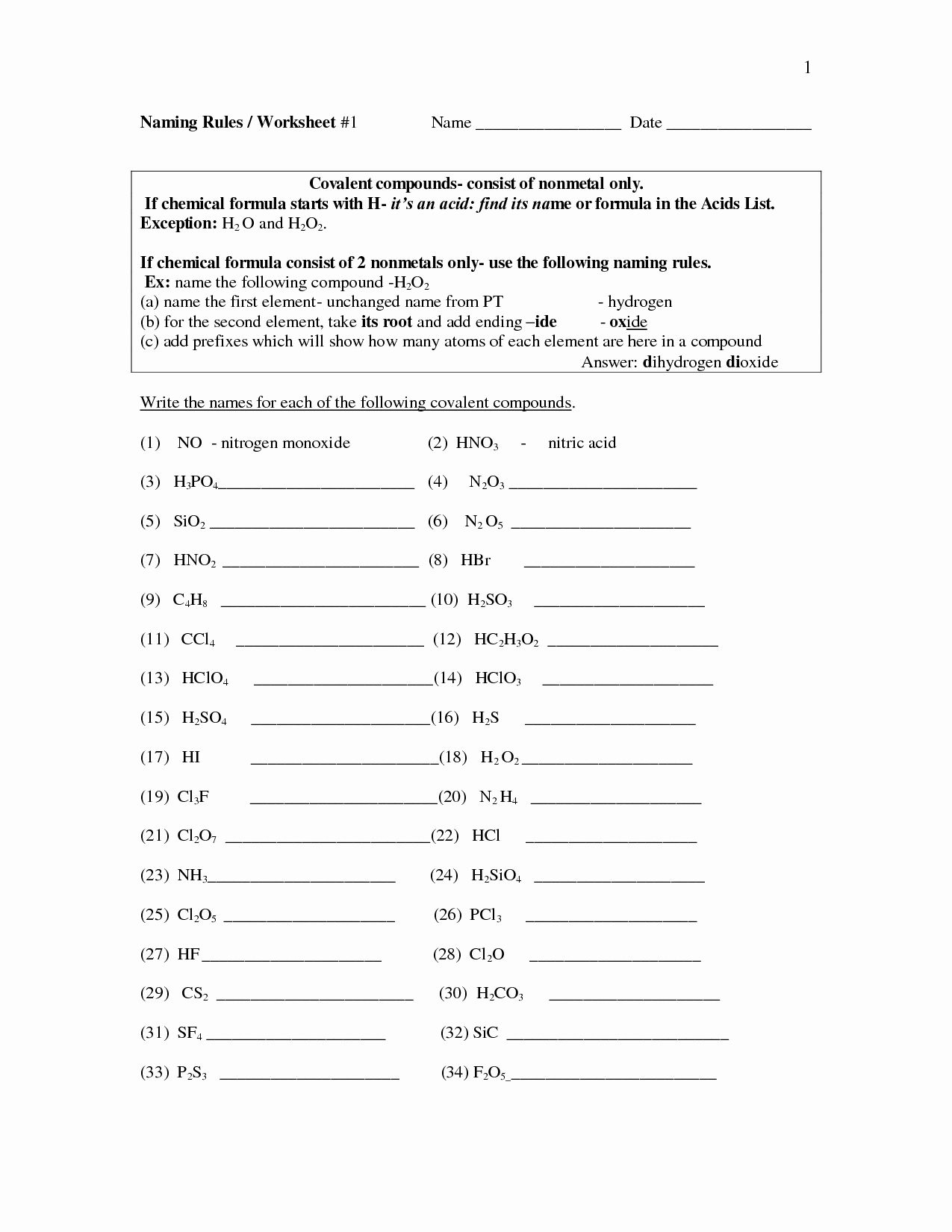When it comes to naming ionic compounds, it’s important to understand the rules and conventions that govern their naming. Ionic compounds are made up of positively charged ions (cations) and negatively charged ions (anions) that are held together by electrostatic forces. In order to name these compounds correctly, one must identify the ions present and follow certain guidelines.
One common way to name ionic compounds is by using the Stock system, which involves using Roman numerals to indicate the charge of the cation when it can vary. This is particularly useful when dealing with transition metals that can have multiple oxidation states. For example, FeCl3 would be named iron(III) chloride to indicate that the iron ion has a +3 charge.
Another important aspect of naming ionic compounds is understanding the prefixes used for naming both cations and anions. For example, mono- is used for compounds with only one atom of the element, di- for two atoms, tri- for three atoms, and so on. This is especially helpful when dealing with polyatomic ions that contain multiple atoms of the same element.
It’s also crucial to pay attention to the endings of the names of anions. For instance, if the anion is composed of a single element, the ending will typically be -ide. For example, the anion composed of oxygen atoms is called oxide. Understanding these naming conventions will help you correctly identify and name ionic compounds.
Practice worksheets on naming of ionic compounds can be a helpful tool for reinforcing these concepts and improving your naming skills. These worksheets typically provide a variety of ionic compounds for you to practice naming, allowing you to apply the rules you’ve learned in a hands-on way. By working through these exercises, you can gain confidence in your ability to name ionic compounds accurately.
In conclusion, naming ionic compounds requires an understanding of the rules and conventions that govern their naming. By familiarizing yourself with the Stock system, prefixes, and anion endings, you can confidently name a variety of ionic compounds. Practice worksheets can be a valuable resource for honing your naming skills and becoming proficient in naming ionic compounds.
